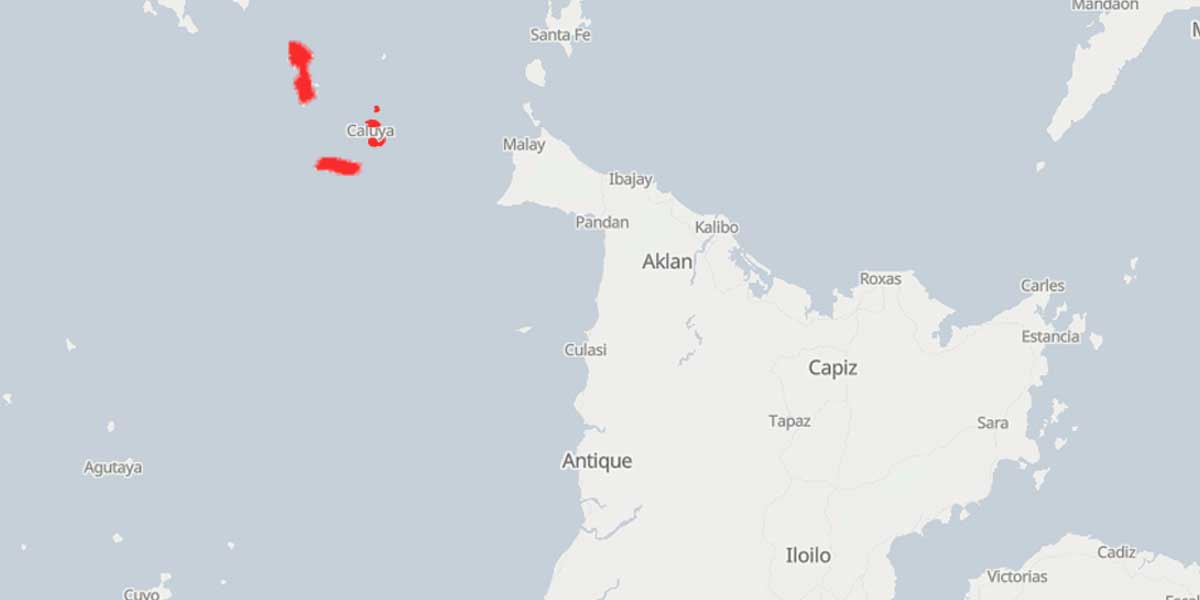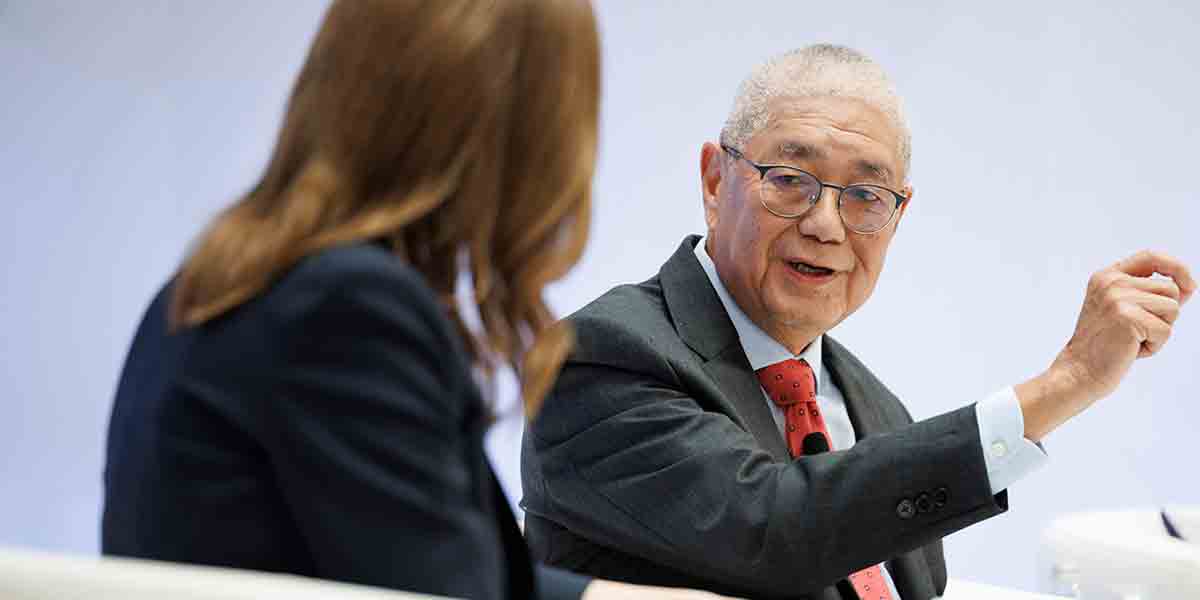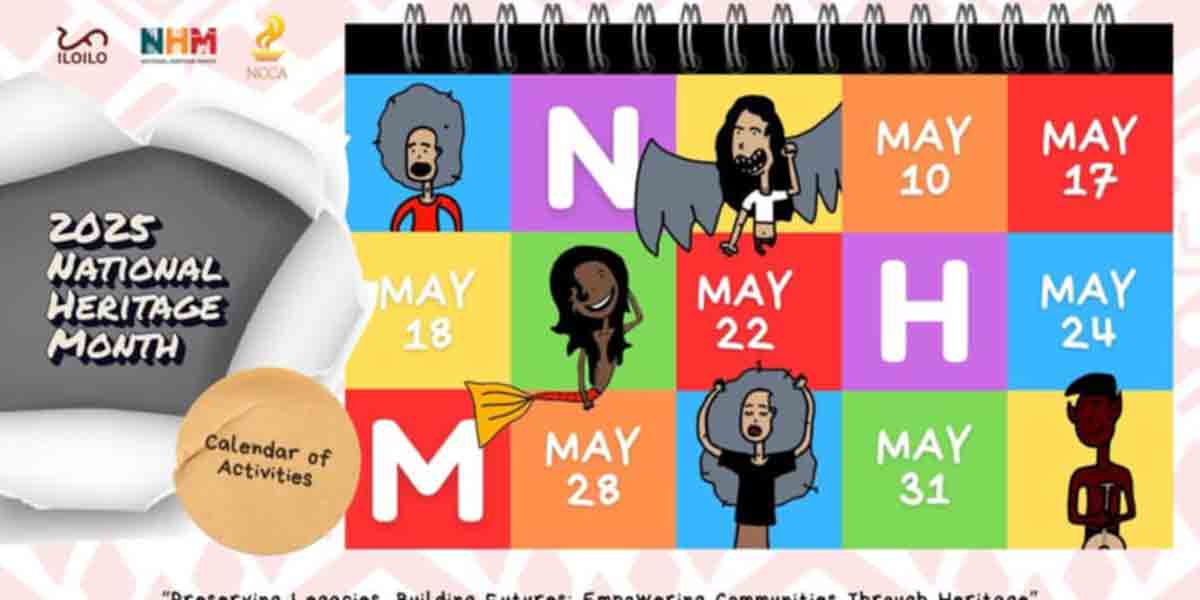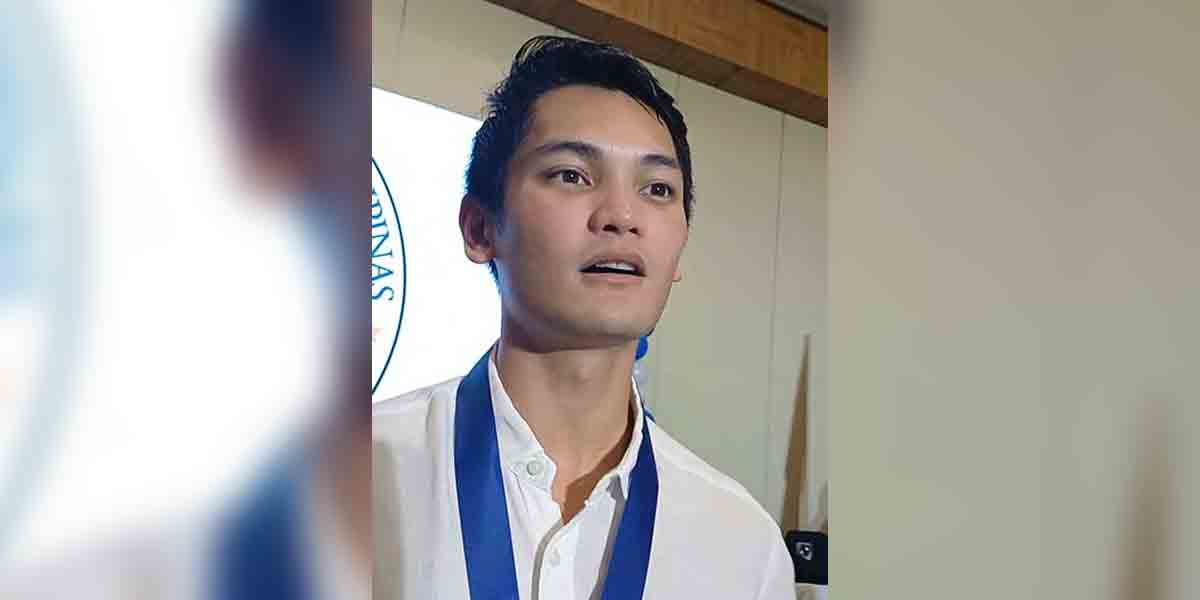The irony in the unfolding drama involving Apollo Quiboloy, leader of the Kingdom of Jesus Christ Church, is as palpable as it is tragic. As authorities tighten the noose around Quiboloy, with search operations zeroing in on his compounds, the self-proclaimed “Appointed Son of God” has yet to face the charges against him head-on.
His continued evasion raises questions about his faith in the justice system—a system he and his followers once defended with fervor when it served the interests of his political benefactor, former president Rodrigo Duterte.
Quiboloy’s current predicament comes with a bitter twist. For years, his organization stood as one of the most vocal supporters of Duterte, often echoing the former president’s rhetoric against his critics, red-tagging opponents, and justifying heavy-handed tactics in the name of law and order. Now, as Quiboloy himself faces legal challenges, including human trafficking and other charge in the US, his fear of injustice and persecution strikes a jarring note against the backdrop of his past actions and the silence he maintained as others were unjustly tagged and oppressed.
If Quiboloy truly believes in his innocence, he owes it to his followers and the public to step out of the shadows and confront the accusations leveled against him. His evasion only deepens suspicions and erodes whatever moral high ground he might claim. Facing the charges and the judicial process is not only a legal obligation but also a moral one—especially for someone who claims divine appointment.
However, while the authorities press on with their search, they must be equally vigilant in ensuring that justice is served without prejudice. The execution of the search orders must be conducted with the highest respect for the rights and safety of all involved. The police, tasked with upholding the law, must act as impartial agents of justice, maintaining fairness and transparency at every step. The public expects no less, especially in a case fraught with potential political and religious sensitivities.
In a country where the line between faith and fanaticism can sometimes blur, the case of Apollo Quiboloy serves as a reminder that no one, regardless of their claims to divine authority, is above the law. Justice, when truly served, must be blind to status, position, and power. Quiboloy and his followers must confront this truth, just as the justice system must ensure that it upholds this principle without fear or favor.

























